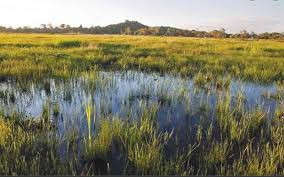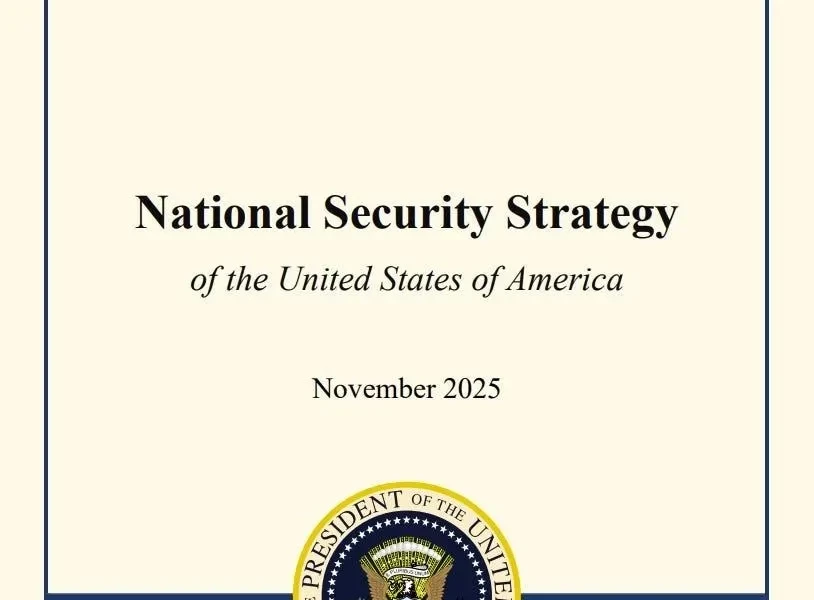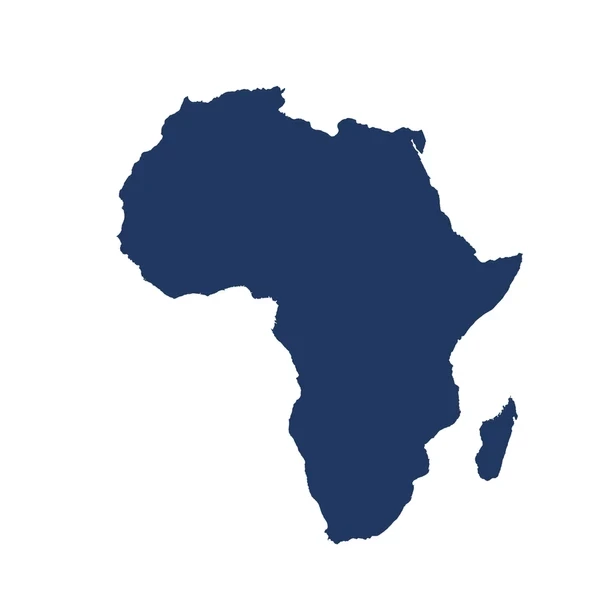
As the Ramsar Conference of Parties (COP15), which Zimbabwe will host in July 2025, fast approaches, the nation is making significant strides in preparation.
In December 2024, the Zimbabwe Environmental Law Association (Zela) actively participated in the Wetland Policy and Legislation Indaba, organised by the Zimbabwe Wetlands Trust and Birdlife Zimbabwe.
This important gathering brought together government stakeholders, conservationists, and environmental advocates to discuss the future of wetland protection in Zimbabwe.
The indaba began with a keynote address by Local Government and Public Works minister Daniel Garwe, who underscored the urgent need for a coordinated approach to wetland protection.
His address emphasised that wetlands are critical to Zimbabwe’s environmental health and future sustainability and called for collective efforts to ensure their preservation.
Rob Cunliffe from Birdlife Zimbabwe presented on the current status and challenges facing Zimbabwe’s wetlands.
His sobering analysis painted a dire picture of the over 1 200 wetlands surveyed across the country, the Environmental Management Agency (EMA) considers 82% to be moderately or severely degraded, with only 18% in satisfactory condition.
This statistic serves as a stark reminder of the work required to restore and protect these vital ecosystems.
- Villagers walk over 26km to reach local clinic
- SA hospitals hike fees for foreigners
- Villagers walk over 26km to reach local clinic
- Padare moves to address gender justice in homes
Keep Reading
The EMA reiterated its commitment to regulating, monitoring, and promoting environmentally sound practices to reverse this trend.
For years, Zela has been a staunch advocate for the protection and sustainable management of wetlands in Zimbabwe.
The organisation has championed legal and policy reforms, community education and partnerships to address wetland degradation.
Zela believes that an effective strategy for wetland protection requires:
- Establishing a robust legal and institutional framework
There is an urgent need for a comprehensive legal and institutional framework that promotes the integrated management and wise use of wetlands. Such a framework would ensure meaningful participation from all stakeholders, including local communities, government agencies, and private entities.
- Preserving wetland functions and biodiversity
Wetlands are not only critical habitats for diverse species but also provide essential services such as water filtration, flood control, and climate regulation. Enhancing and maintaining these functions is vital to safeguarding biological diversity and improving the livelihoods of Zimbabweans who depend on these ecosystems.
- Building institutional capacity
Strengthening the capacity of institutions responsible for wetland management is crucial. This includes equipping them with the knowledge, skills, and resources needed to implement effective conservation strategies.
Looking ahead to COP15
The upcoming Ramsar COP15 presents Zimbabwe with an unparalleled opportunity to showcase its wetlands and conservation efforts on the global stage.
It also serves as a platform to amplify discussions around sustainable wetland management and rally international support for local initiatives.
Zela will continue to advocate for transformative policies, educate communities about the importance of wetlands, and work with stakeholders to reverse degradation trends.
Through collaborative efforts, we can ensure that Zimbabwe’s wetlands remain vibrant and resilient ecosystems for generations to come. -Zela










